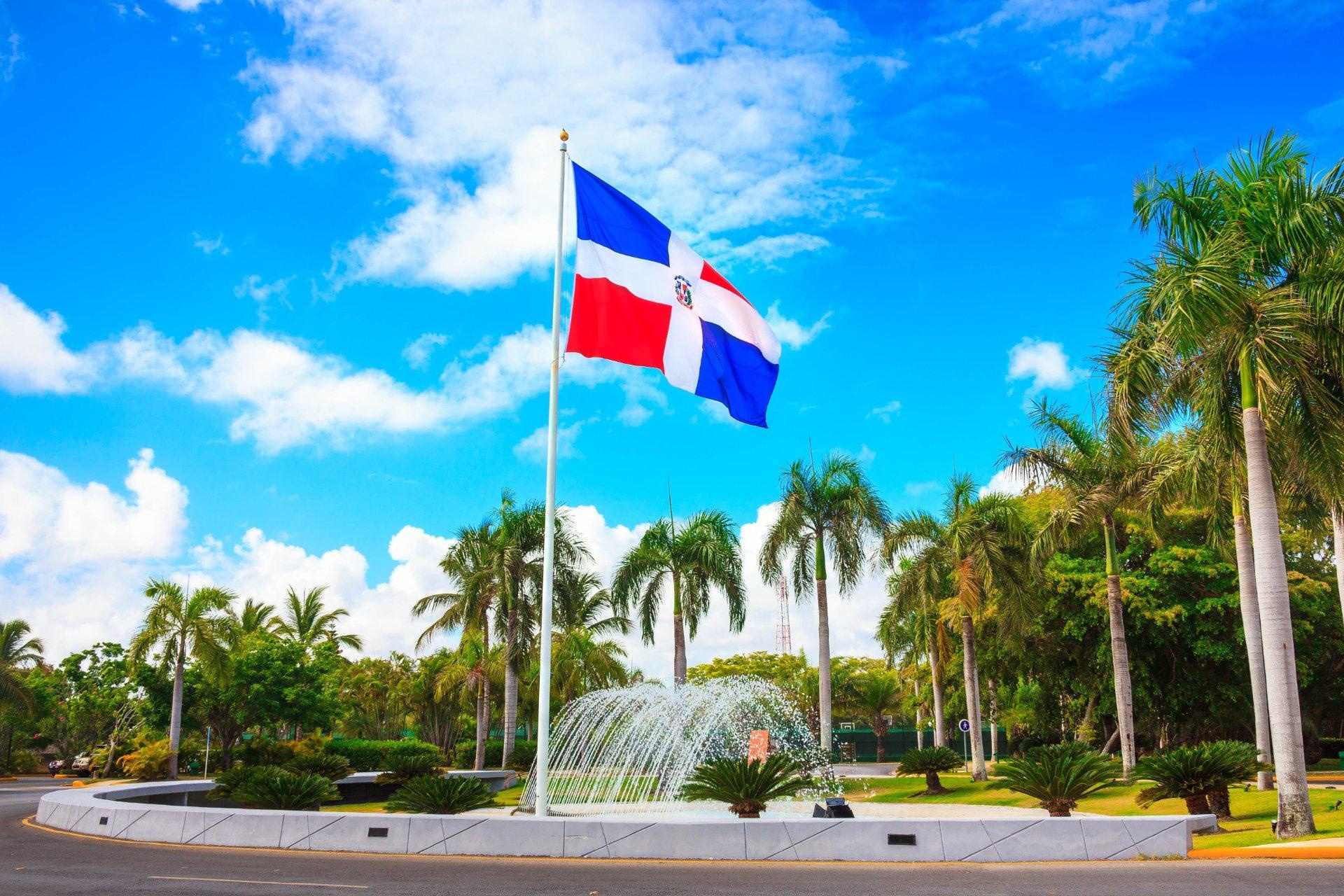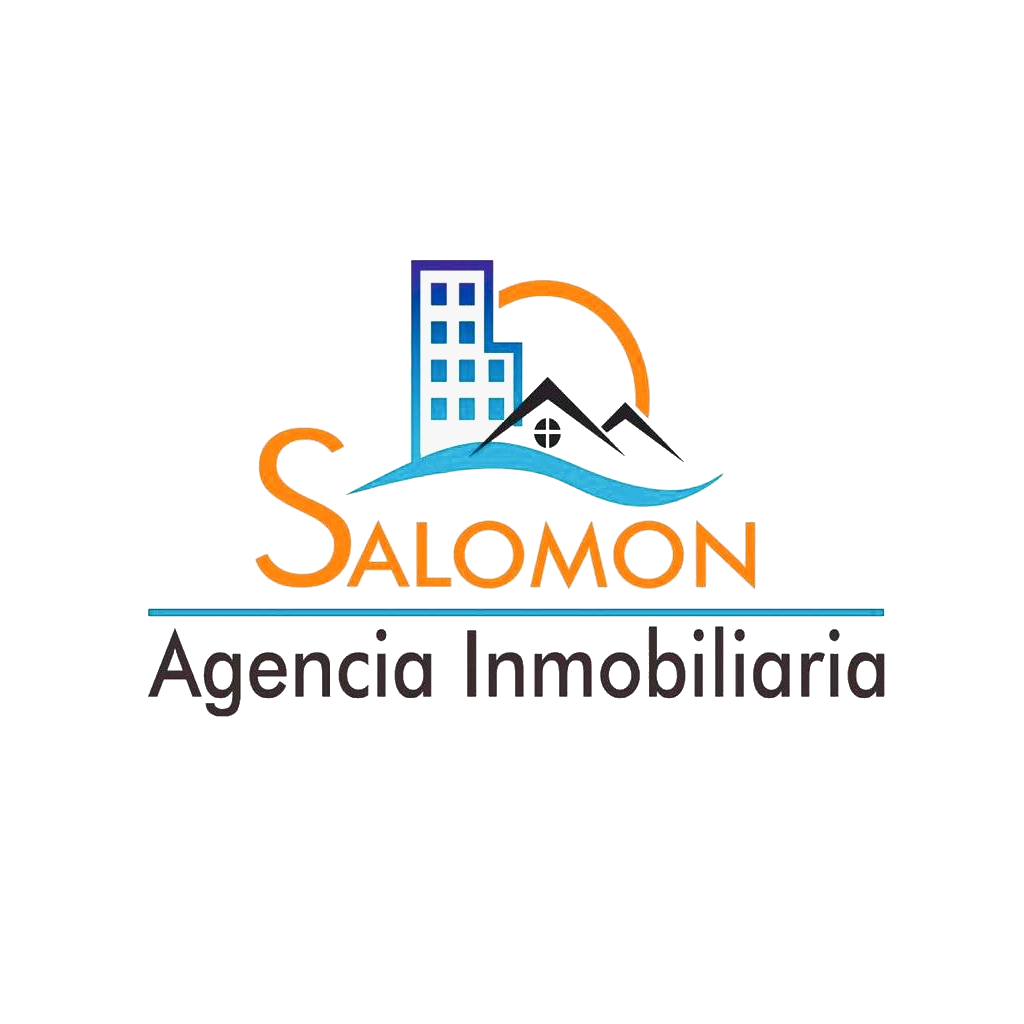 Island
Island
5 Common Mistakes When Buying Property in the Dominican Republic – and How to Avoid Them

Buying property in the Dominican Republic can be an exciting and rewarding investment, whether you’re looking for a vacation home, rental property, or permanent residence. However, many buyers—especially those unfamiliar with the local real estate market—make critical mistakes that can lead to financial loss, legal issues, or unnecessary stress. To help you make a smart investment, here are five common mistakes to avoid when purchasing property in the Dominican Republic.
1. Not Conducting Proper Due Diligence
One of the biggest mistakes buyers make is failing to research the property and its legal status before making a purchase. Some properties may have unresolved legal disputes, missing titles, or zoning restrictions that could cause problems down the line.
✅ How to Avoid It:
- Work with a trusted real estate agent and lawyer to verify the property’s ownership, legal status, and history.
- Ensure the property has a clean title and is free from liens or encumbrances.
- Request a certified copy of the “Certificado de Título” (Title Certificate) from the Dominican government.
2. Overlooking Additional Costs
Many buyers focus only on the purchase price and overlook additional costs such as property taxes, legal fees, notary expenses, and maintenance costs. This can lead to financial surprises and budget constraints.
✅ How to Avoid It:
- Ask for a detailed breakdown of all associated costs before finalizing the purchase.
- Budget for ongoing expenses like homeowners’ association (HOA) fees, utility bills, and property management if you’re buying as an investment.
- Be aware of the 3% property transfer tax, which must be paid within six months of registering the property.
3. Skipping a Professional Property Inspection
Many buyers purchase properties based on photos or a quick walkthrough, only to discover hidden defects later, such as structural damage, plumbing issues, or electrical problems.
✅ How to Avoid It:
- Hire a professional property inspector to assess the condition of the home before closing the deal.
- If buying pre-construction, ensure the developer has a strong reputation and delivers high-quality finishes.
- Ask for warranties or guarantees, especially if purchasing a new build.
4. Not Understanding Local Real Estate Laws
Real estate laws in the Dominican Republic differ from those in other countries. Some buyers assume the process is the same as in their home country and end up facing legal complications.
✅ How to Avoid It:
- Work with a local real estate lawyer to guide you through the purchasing process.
- Ensure all contracts are legally binding and written in both Spanish and English (if you are not fluent in Spanish).
- Understand inheritance laws, which may affect foreign property owners.
5. Buying Without Professional Guidance
Many buyers try to navigate the real estate market on their own, relying on word-of-mouth recommendations or online listings. This increases the risk of scams, overpriced properties, and legal issues.
✅ How to Avoid It:
- Work with a reputable real estate agency that has experience in the Dominican market.
- Check online reviews, ask for references, and verify that the agency is legally registered.
- Have all transactions and agreements reviewed by a lawyer before signing anything.
Conclusion: Buy Smart, Invest Wisely
Buying property in the Dominican Republic can be a great investment, but avoiding these common mistakes is crucial to making a successful and stress-free purchase. With proper research, professional guidance, and a clear understanding of the local market, you can find your dream property without unnecessary risks.
📞 Thinking about buying property in the Dominican Republic? Contact us today for expert advice and exclusive listings!
